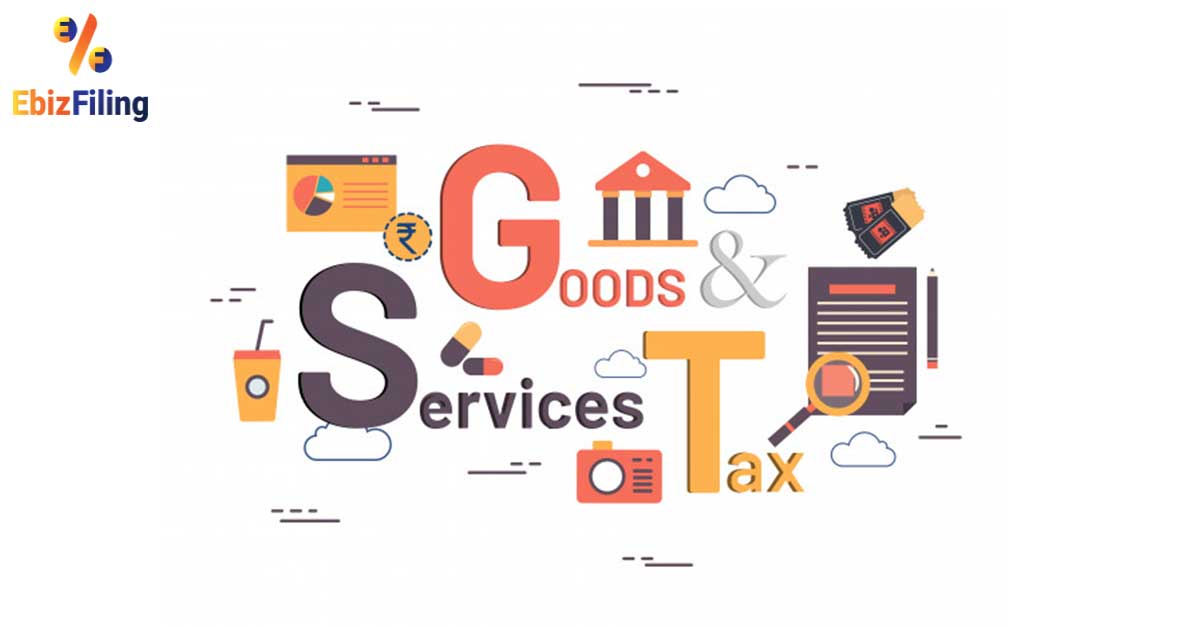Leading Factors to Select CFO Account & Services for Your GST Registration Demands in Singapore
Leading Factors to Select CFO Account & Services for Your GST Registration Demands in Singapore
Blog Article
Navigating the Complexities of GST Registration: A Comprehensive Overview for Organization Owners
Navigating the complexities of GST registration can be an overwhelming job for several organization owners, as it entails a myriad of policies, laws, and refines that must be stuck to. With the ever-evolving landscape of tax obligation regulations, making certain compliance and understanding the intricacies of GST enrollment is critical for the smooth procedure of any type of service. From figuring out qualification and gathering the required paperwork to enhancing operations for maximum efficiency, this comprehensive overview aims to provide local business owner with the knowledge and tools required to browse the intricacies of GST registration successfully.
Eligibility for GST Registration
Company owner should meet particular criteria to identify their eligibility for GST enrollment. Generally, organizations with a yearly turn over going beyond a specific limit are needed to register for Item and Services Tax (GST) This limit varies by country, but it is vital for business owners to remain notified concerning the specific policies in their jurisdiction. Furthermore, organizations entailed in interstate materials, e-commerce, or the provision of specific defined services and goods may likewise be mandated to register for GST, regardless of their turn over.
Moreover, businesses that are registered under any previous tax program, such as VAT or service tax, are normally called for to change to GST enrollment. Understanding these requirements is important for entrepreneur to ensure conformity with the legislation and prevent any type of charges or legal problems. It is a good idea for business owners to seek advice from tax obligation experts or lawful consultants to examine their eligibility for GST enrollment precisely. By adhering to the required requirements, companies can smoothly navigate the complexities of GST enrollment and run legitimately within the tax obligation framework.
Records Needed for Registration
To finish the GST enrollment process, organizations require to collect and submit a detailed collection of records. The crucial records needed for GST enrollment generally include proof of company registration or consolidation such as the Certificate of Unification, collaboration deed, or any type of various other registration certificate. Additionally, businesses have to give identification and address evidence of the companions or promoters, which can be in the kind of Aadhar card, PAN card, motorist, or ticket's license. Financial documents such as financial institution statements, evidence of business like rental arrangement or electrical power bill, and licensed signatory details are also crucial for the enrollment procedure.
In addition, specific documents associated with the nature of the company, such as a listing of solutions or items provided, HSN codes for items, and cavity codes for services, may be called for - Why choose CFO Account & Services for GST registration in Singapore. It is critical for businesses to ensure that all documents submitted are exact, current, and in the suggested format to stay clear of any kind of hold-ups or complications in the GST registration process
Refine of GST Enrollment
Having actually set up the requisite paperwork, companies proceed to launch the GST enrollment process by engaging with the on-line website designated for enrollment. This on the internet portal is the Item hop over to these guys and Solutions Tax Network (GSTN) site, which works as the key system for all GST-related activities in India. Upon accessing the site, services are needed to complete the GST enrollment type with accurate information regarding their organization activities, turnover, and various other relevant details.
Once the type is finished and submitted on the portal, the GSTN confirms the details given by the business. Adhering to successful verification, a GST enrollment certificate is issued to the service entity.
It is essential for organizations to make sure that the information given during the GST registration procedure is precise and as much as date to avoid any type of prospective issues or hold-ups in obtaining the GST enrollment certification.
Recognizing GST Conformity

Companies need to be familiar with the different GST compliance demands based on their turnover, nature of products or services, and the states in which they operate. It is vital to stay updated on any changes in GST laws and regulations to stop any non-compliance issues.
Non-compliance with GST policies can result in significant fines, penalties, and even lawful repercussions. Companies should invest time and resources in educating themselves and their staff on GST compliance. Seeking professional support from tax consultants or specialists can also assist in navigating the complexities of GST conformity and making sure that services run within the lawful structure.

Tips for Optimizing Company Workflow
For boosted effectiveness and efficiency in business operations, strategic preparation and structured processes are vital components. One suggestion for optimizing service procedures is to utilize innovation efficiently.
An additional crucial aspect is focusing on tasks based upon their relevance and due dates. By developing a clear pecking order of tasks and setting practical timelines, companies can ensure that vital tasks are completed on time. Promoting a society of open communication and partnership among team participants can lead to boosted efficiency and development.

Conclusion
To conclude, navigating the complexities of GST enrollment calls for a clear understanding of qualification standards, required documents, enrollment processes, and compliance demands. By sticking to these guidelines and optimizing company procedures, entrepreneur can guarantee smooth operations and compliance with the GST guidelines. It is crucial for organizations to remain enlightened and upgraded on GST laws to stay clear of any kind Homepage of fines or lawful problems.
The crucial files needed for GST enrollment normally consist of evidence of company registration or incorporation such as the Certificate of Incorporation, collaboration act, or any type of various other registration certification.Having actually set up the requisite paperwork, companies proceed to launch the GST enrollment process by engaging with the on-line site assigned for registration. Upon accessing the portal, organizations are needed to fill up out the GST registration form with exact details regarding their business tasks, turnover, and other pertinent info.
In order to maintain adherence to GST regulations and avoid fines, services need to prioritize understanding GST conformity. By sticking to these guidelines and optimizing business procedures, company owners can make certain smooth procedures and compliance with the GST regulations.
Report this page